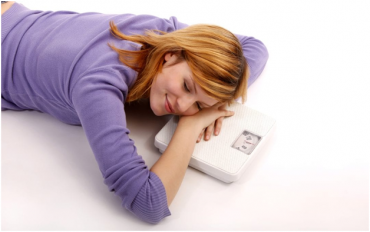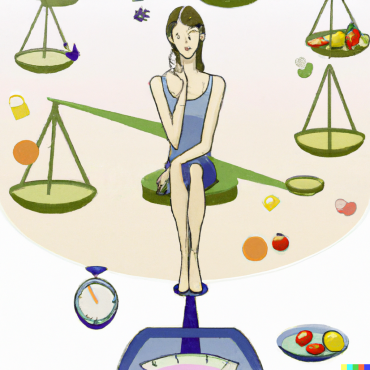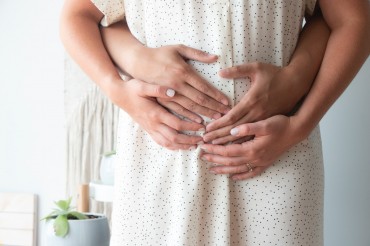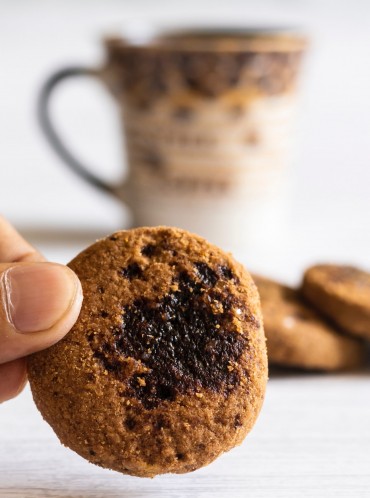There’s nothing like a few snacks or a homemade meal to prepare you for bed after a long day.
The question is, will a delicious bowl of soothing soup help you to drift off faster when you’re ready for a snooze or keep you awake all night?
Eating before you go to bed can help you to relax by ensuring that you’re not kept awake by your rumbling stomach. On the other hand, people who advocate against sleeping after eating suggest that a midnight munch could increase your chances of gaining weight and reduce your ability to achieve a deeper quality of sleep.
So, what are the pros and cons of going to sleep right after eating?
Let’s find out.
The Pros of Sleeping After Eating
Eating the right foods before you go to bed could lead to a range of benefits.
For instance, instead of causing weight gain as some people believe, experts say that eating certain foods before you go to sleep will help to keep your metabolic rate high. A snack packed with protein might help your body to continue burning fat when you’re sleeping, and therefore give you a more restful and beneficial evening of sleep.
Of course, the key to success with sleeping after eating is making sure that you have the right food. For instance, cherries are a great source of melatonin – the hormone in your body that makes you feel sleepy. Additionally, cottage cheese is high in tryptophan, a substance that’s great for inducing sleep. Look for foods that elevate your mood and encourage restful sleep.
Other benefits of eating before sleeping include:
· May help you fall asleep faster: Eating comfort foods before you go to bed can help to chase away nerves, reduce anxiety, and create a relaxing environment for sleep. What’s more, if your stomach feels full, you feel more comfortable so you’re likely to fall asleep for longer.
· Curbs your cravings: If you often wake up with a grumbling stomach during the night, some extra food before bed will reduce this concern and ensure that you have fewer disruptions when you go to sleep.
· Creates a routine: A regular night-time routine helps to boost your chances of a good night’s sleep by getting you into a positive rhythm. Eat the same high-quality foods each night and your body could begin to associate them with sleep.
The Cons of Sleeping After Eating
So, why shouldn’t you eat before you go to bed if there are so many clear benefits to doing so?
Well, there are downsides to eating too late too. Many experts argue that the body’s metabolism works slowly in the evening which suggests that anything you eat during the night burns off more slowly. This means that you could struggle to burn off what you ate.
The biggest problems with eating before sleep seem to happen when people eat large meals too late at night. When you eat a full meal before you go to bed, you give your body extra work to do which means that you’re less likely to relax and drift off into a peaceful slumber.
Other downsides of eating too much before sleeping are:
· Increased risk of heartburn: Choose the wrong foods to eat before bedtime and you boost your chances of problems like indigestion and heartburn. Laying down for long periods of time can also cause acid reflux.
· Unhealthy choices: Sometimes, when you’re very tired, it’s difficult to make healthy and positive choices about which foods you should be eating. This could lead you to pick unhealthy foods more regularly late at night.
· Unconscious eating: Snacking before bed usually means eating food in front of the TV. Sometimes, while enjoying a show, you may unconsciously keep eating even when you’re not hungry which increases your calorie intake.
Should You Be Sleeping Right After Eating?
Snoozing right after you’ve had a meal isn’t necessarily bad for you – it just depends on what you eat and how long you’ll be sleeping for. Taking a nap after a big meal isn’t a problem if it doesn’t disrupt your sleep that night. Similarly, eating just before you go to bed shouldn’t be problematic if you stick to the right foods and make sure that you don’t eat too much.
As with most things, you’ll need to make sure that you’re making healthy choices for your mind and body.

























































Comments